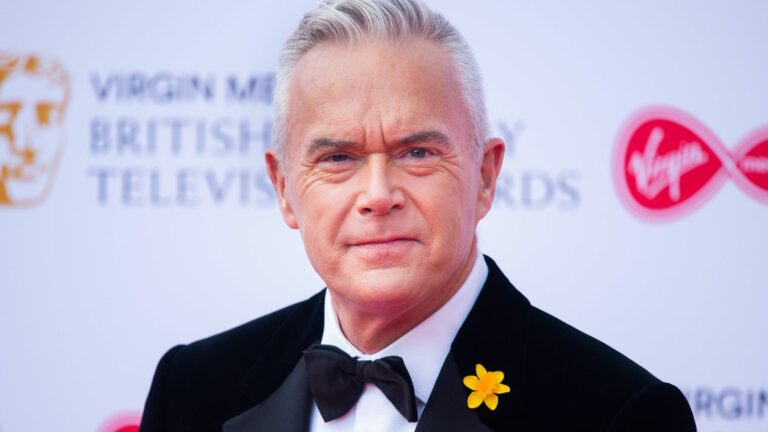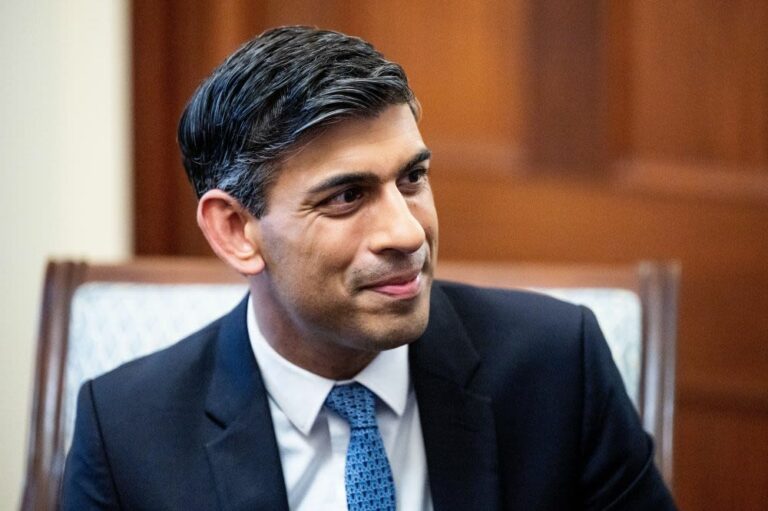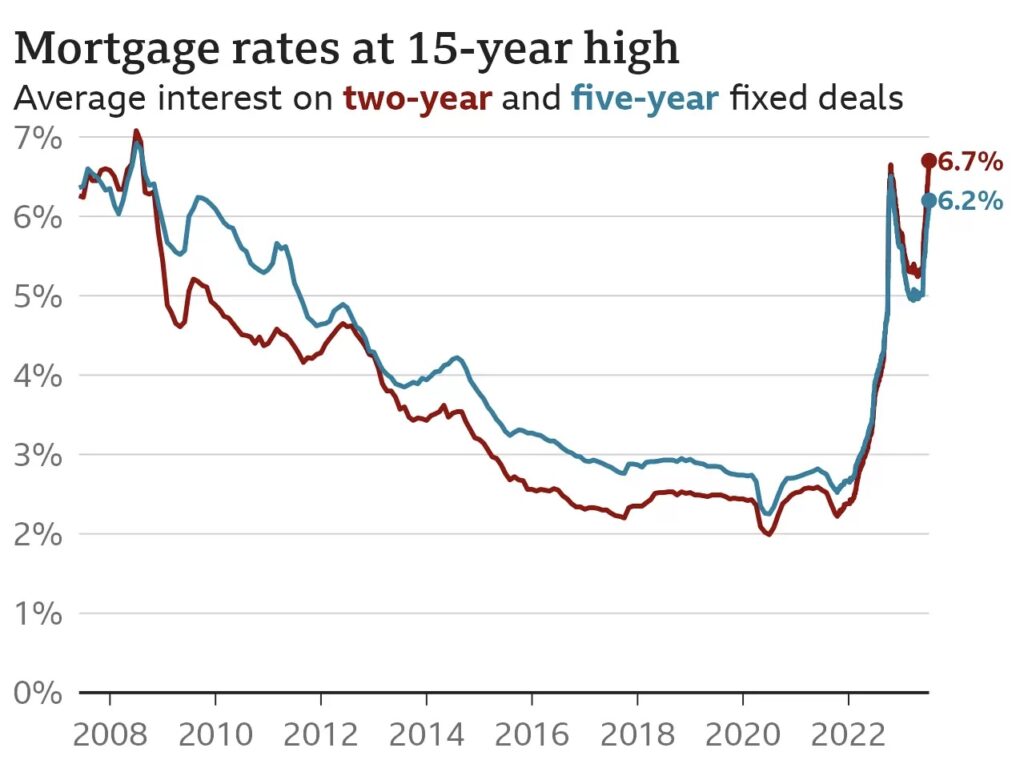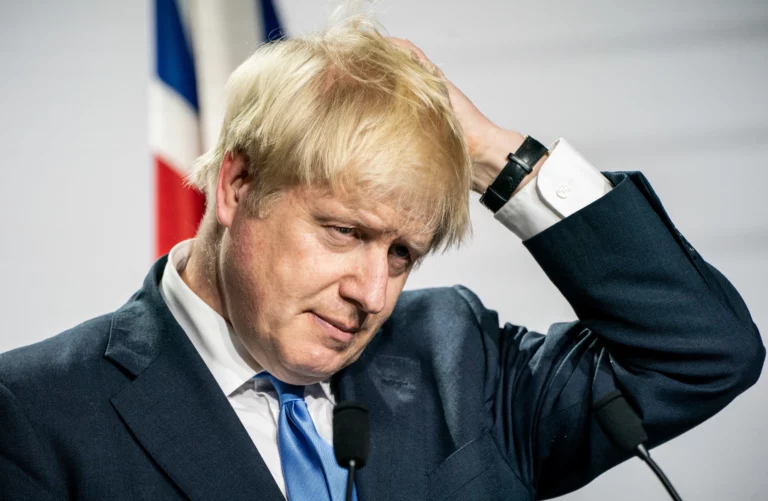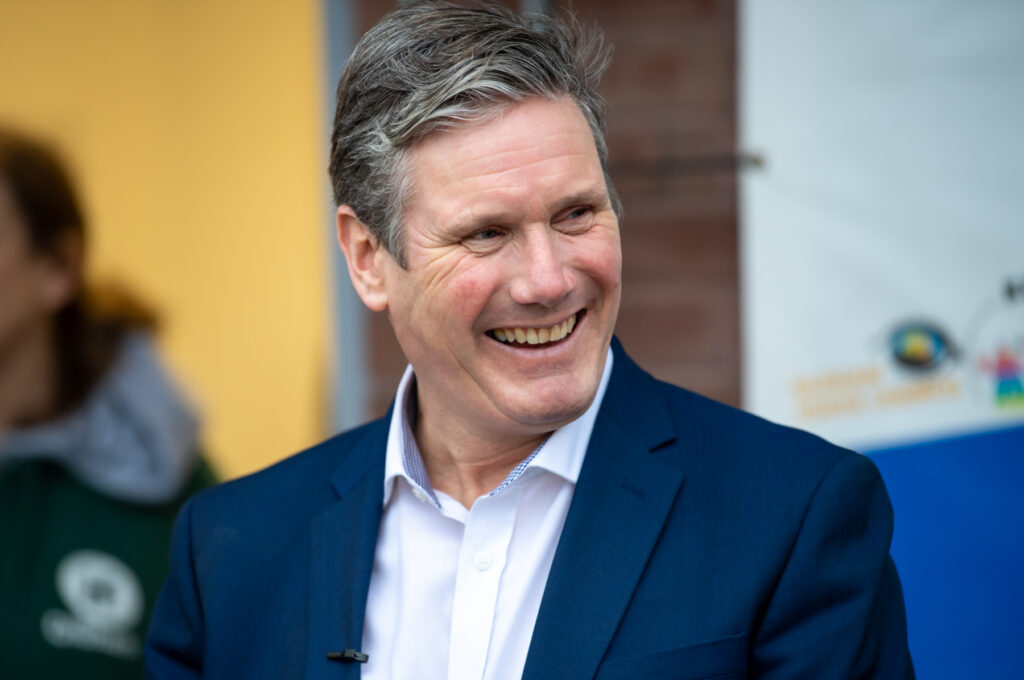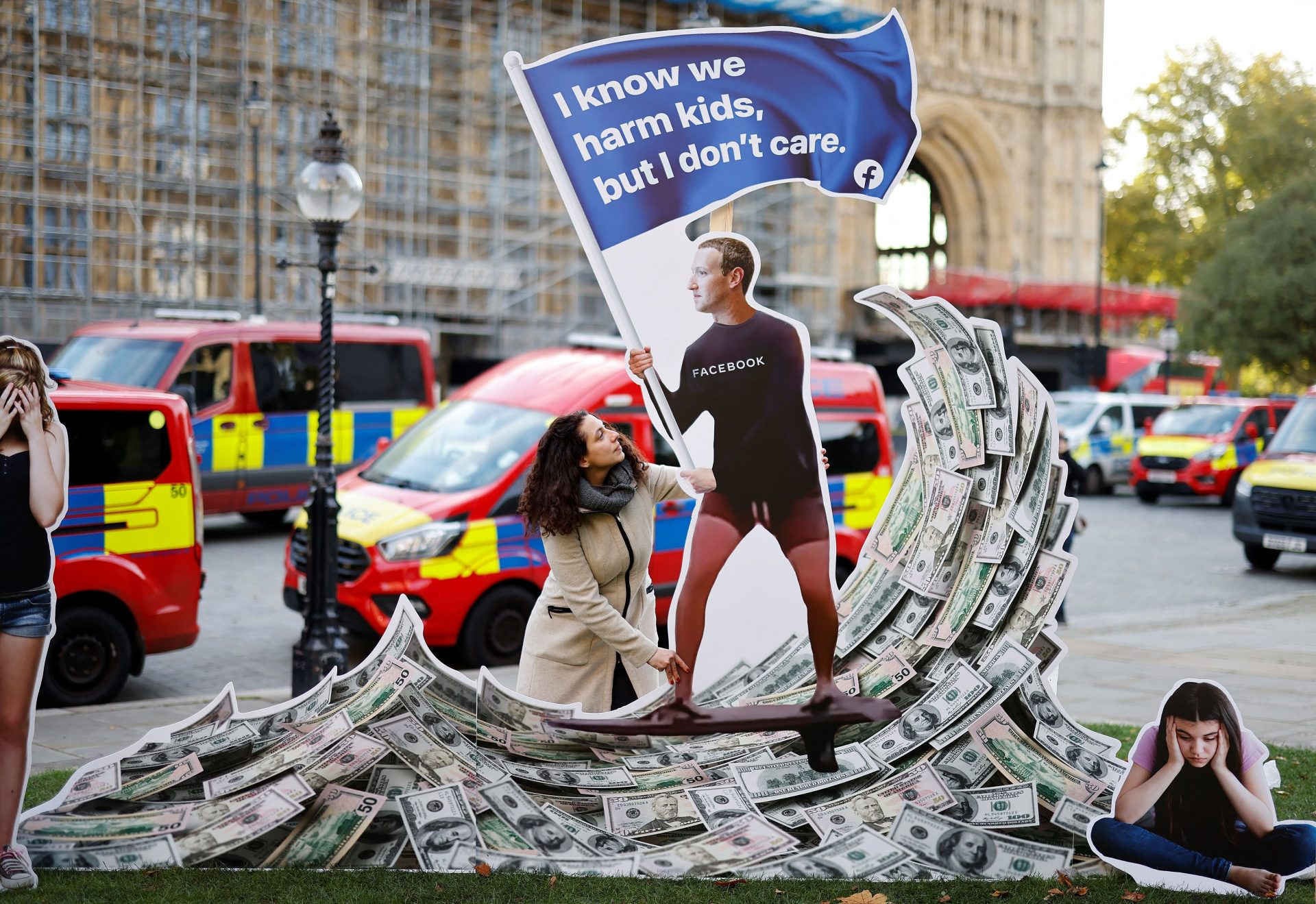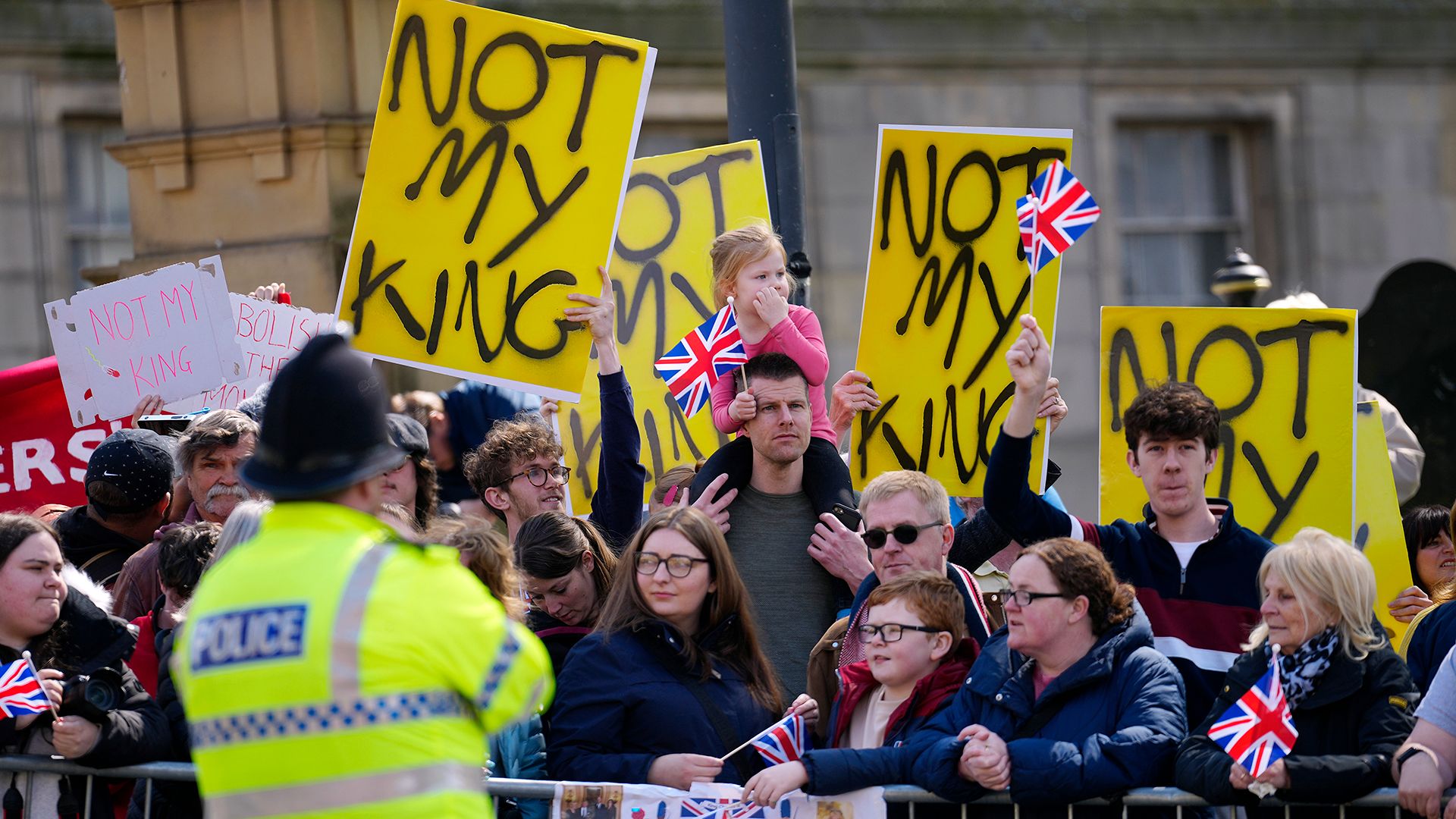BBC journalist Huw Edwards has been revealed as the mystery presenter at the centre of yet another scandal to rock the BBC.
The Sun published a story stating that a woman had come forward claiming that her child had been paid £35,000 by an unknown male BBC presenter in exchange for nude photos since 2020 – when the now 20-year-old would have been 17 – and how the money was used to fund their cocaine addiction.
Two days later the BBC confirmed that it had suspended the presenter. The following day the lawyer of the alleged victim said, “Nothing inappropriate or unlawful has taken place between our client and the BBC personality and the allegations reported in The Sun newspaper are rubbish“.
After a second alleged victim came forward, accusing Edwards of sending ‘abusive and menacing’ messages on a dating app, the Metropolitan Police said that “[there was] no information to indicate that a criminal offence has been committed”.
His wife Vicky, in a statement, named him as the under-fire presenter, citing his hospitalisation for ‘mental health issues’.
Witch hunt or accountability?
With the advent of social media, everyone believes themself to be a journalist. Technology has given everyone the ability to have an opinion and express it openly.
However, in recent times there have been debates about where the line between accountability and harassment is, in regard to under-fire public figures.
Public figures such as Edwards do not exist in a bubble. He is employed by the BBC, which brings a certain level of accountability but also a professional relationship with his colleagues and the company he works for.
The BBC is subject to the laws of libel and defamation. If, for example, they were to broadcast a statement against an individual without evidence, they would be liable for a lawsuit for defamation of character, and rightfully so.
The glaring issue that a lot of social media users either don’t know or don’t care that these laws are applicable to individuals also, and not just media companies. Individuals can be sued for libel and defamation too.
You would be forgiven for thinking they’d think twice about openly accusing a person without evidence, risking a potential lawsuit for libel. Instead, the opposite happened.
Of course, due to the nature of the crime that Edwards was accused of, an argument could be made that it was in the public interest to know (which is most likely what The Sun’s defence will be for publishing the story in the first place), but it’s clear that a line was crossed.
Many Twitter users were more than happy to openly accuse various BBC presenters of being the guilty party.
It came across to many as if social media, as a whole, became so impatient for the BBC and police’s investigation, that it started to falsely accuse people to put pressure on the guilty party to come forward.
Due process and the presumption of innocence weren’t in their thinking process or considered. Not even the fear or threat of being sued for libel seemed to be enough of a deterrent for some.
There was a willingness to damage – possibly irreparably – the reputations of several presenters in the name of ‘justice’.
That is a terrifying and damning indication of the mindset of at least a section of modern Britain; a kind of bloodthirsty craving for a form of mob justice.
This begs the question – was it really about holding Edwards accountable?
What now?
Edwards is currently in hospital for mental health reasons and will remain there for the foreseeable future.
Several BBC presenters are considering their legal options after both individuals and media outlets implied or outright accused them of being involved in the scandal.
It’s possible that The Sun could be investigated after its revelation of the scandal could constitute an invasion of privacy.
Although the newspaper claims that it didn’t pay the victim’s mother for the story, and the fact that they didn’t name Edwards when they first released the story to the public, it’s yet to be seen if they have even seen hard evidence of the compromising messages between the victim and Edwards.
The BBC is also facing fresh allegations of inappropriate behaviour by Edwards towards junior members of staff.
